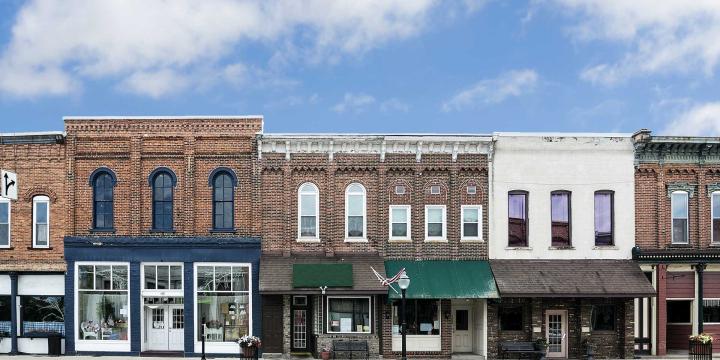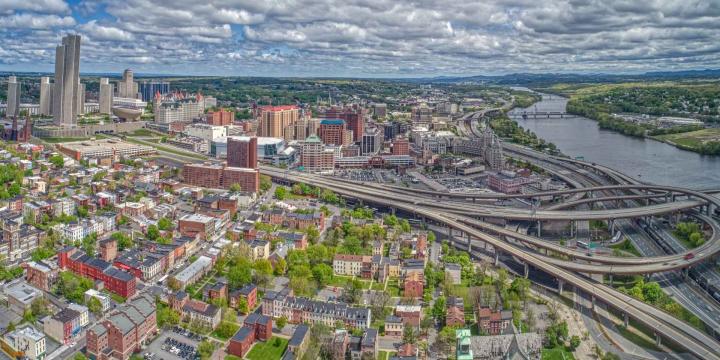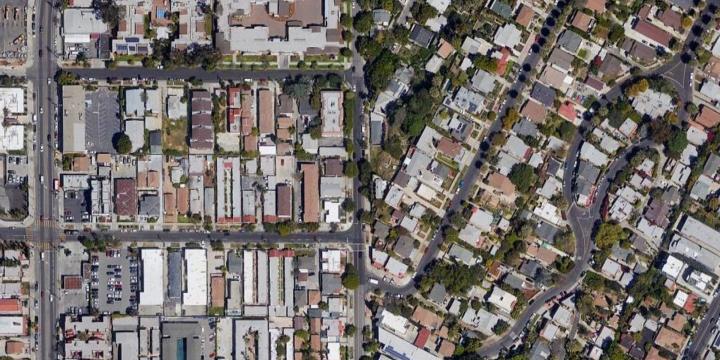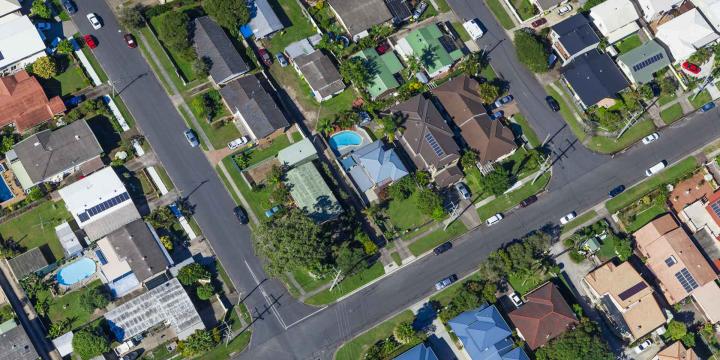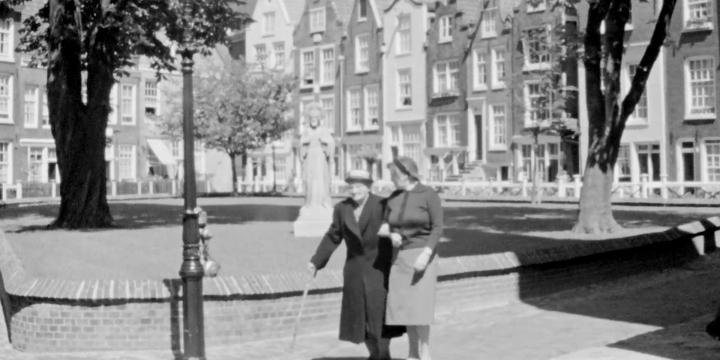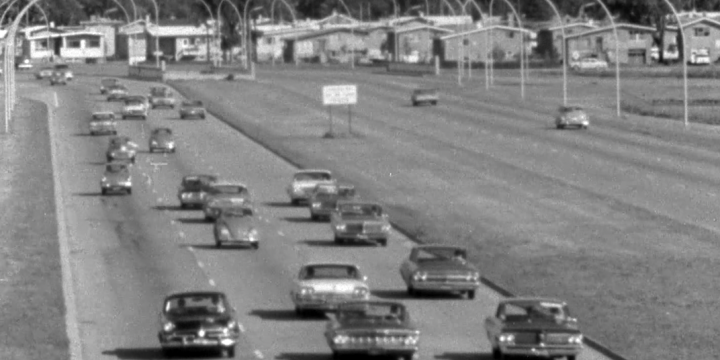All Zoning Codes Courses
Walkable City 2: The Useful Walk
New
Learn the principal components of “the useful walk,” how zoning can create walkability and increase housing density, and why visual components are key to a walkable city.
Planning Communities for Maximum Transit Access
World-renowned transit planner Jarrett Walker provides an overview of how land use and transportation planners can make their communities better for transit and the people who ride it.
U.S. Housing Policy: What Every Planner Needs to Know
Planners play an essential role in understanding and addressing the regulatory, social, and economic barriers to affordable housing. This course offers an overview of U.S. housing policy from its historical roots to modern challenges and solutions.
The 21st Century Comprehensive Plan
Uncover the emerging and valuable qualities of the 21st century comprehensive plan that can be used to define visions for the future, including robust community engagement, crosscutting themes, and an accountable implementation program.
Making Room for Home-Based Businesses
In this crash course on home-based businesses, Nolan Gray explores how reducing zoning regulations could help revitalize communities and encourage entrepreneurship across the country.
Planning Commissioner Training
The new "Planning Commissioner Training" series offers citizen planners a chance to learn the tools to make a positive impact in their communities (available as a separate subscription).
Arbitrary Lines: How Zoning Broke the American City and How to Fix it
Nolan Gray presents the complex history of zoning regulation, showing how major legislative decisions led to the country's current state of car reliance, sprawl, and inequity. Now, zoning reform is in the air. But why stop at mere reform?
Just Suburbs: The New Frontier for Equity and Inclusion
Poverty is being displaced from central cities to suburbs. As a response, planners should look to strategies that create mixed-income neighborhoods—a place that everyone can call home.
Walkable Density: Building Livable, Equitable, and Resilient Communities
A new approach to density is an essential need, with multiple public benefits, empowering communities to more effectively manage the accelerating pace of demographic, economic, environmental, social, and technological change.
Suburban Remix: Creating the Next Generation of Urban Places
The economic, demographic, and technological forces reshaping suburbs are under-reported and misunderstood. Learn how suburbs can manage change while enhancing livability, economic opportunity, and fiscal responsibility.
A New Era of Downtown Opportunity: The Intersection of Housing and Innovation
Learn specific policy and urban design strategies for adapting downtowns to a new role: innovation communities.
Prospects for Zoning Reform
Catch up on the contemporary policy debates about zoning reform in the United States by learning from one of the nation’s leading voices on the subject, Brookings Institution Senior Fellow Jenny Schuetz.
How Zoning Shapes Cities, Communities, and Regions
A better understanding of the basic components of zoning, history and evolution of zoning codes, economic and political goals of plan implementation, and impacts on housing prices and production can inform improved planning outcomes.
Introduction to Transit Oriented Development
Few terms are as common in the discussion of city and regional planning in the 21st century as transit oriented development (TOD)—the planning and designing of high-demand land uses at or near highly efficient modes of transportation.
Zoning for Incremental Development
Zoning codes can be crafted to lower the barriers to neighborhood-scale development and infill housing by providing specific tools for more equitable and affordable development.
Right-Sizing Zoning for Better Outcomes
Using elements of the built environment that contribute to a community’s unique sense of place and examples from across the United States, this course explores how to realign zoning with the goals and policies adopted in community plans.
The Elements of Citymaking: Design, Policy, and Finance
Examine the theory of city-making at various scales, ranging from a development site at the smallest scale to the largest urban regions.
Accessory Dwelling Units: Understanding America’s Newest Housing Typology
Explore the latest ADU policy developments from leading American cities, key challenges and opportunities for increasing or limiting ADU production, first-hand examples, and best practices in ADU affordability programs.
Race, Space, and Planning
This course discusses the relationship among race, space and planning, providing an overview of key dates and events relating to systemic racism in the United States.
Planning for Racial Equity
This course introduces the concept of racial equity analysis in land use planning, the motives and rationales behind such analyses, and provides guidance for conducting analysis and review.
Planning for Universal Design
At the end of this course, you will be familiar with the tenets of Universal Design and how it differs from Americans with Disabilities Act (ADA) compliance. You'll also be able to identify tools for implementing Universal Design in planning regulations.



